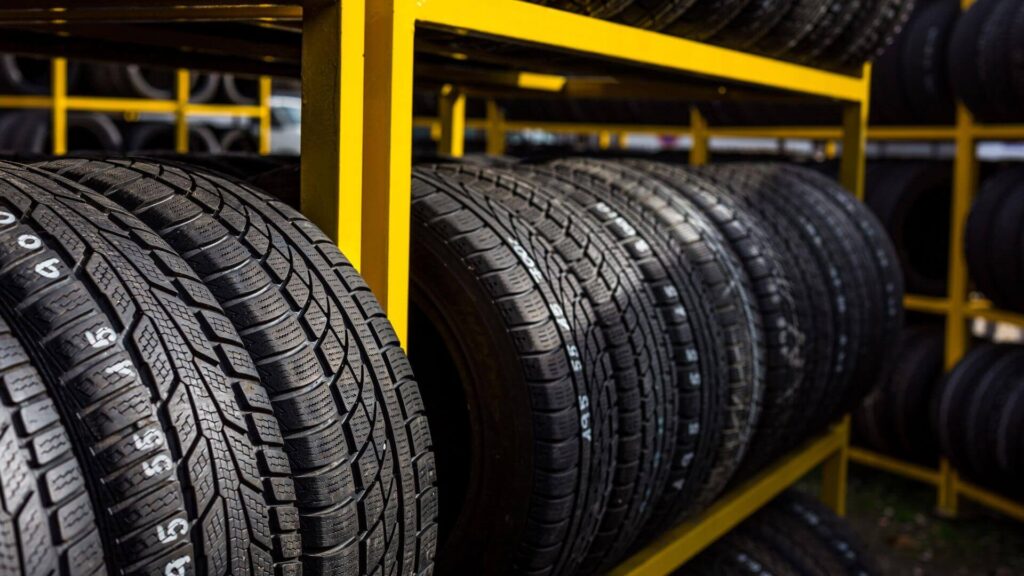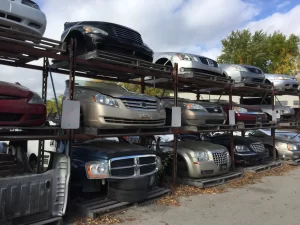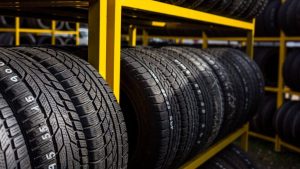Eco-Friendly Benefits of Using Toyota Car Wreckers
Introduction
Current agricultural practices and their impact on our planet have led one of the most dynamic and fast-growing industries to consider environmental sustainability. In a world where people look for ways to lower their carbon footprint, vehicle recycling comes to the rescue. Not only is this good for the planet, but it also creates economic value. Toyota car wreckers provide a great solution to recycling vehicles, with a strong emphasis on proper disposal. This method promotes sustainability and adds multiple advantages to both consumers and communities.
The Importance of Car Wrecking
One great benefit of car wrecking is its impact on waste minimisation. It is important to dispose of a vehicle responsibly when it has reached the end of its life. However, traditional methods of disposal can create pollution waste and fill landfills unnecessarily. Car Wrecking Is A Green Solution With All Good Options. A green solution is going to add to the natural healing processes and join the earth’s ecosystem, along with possibly recycling resources out of your vehicle. This contributes to extracting recyclable materials and reducing the amount of waste generated, hence being eco-friendly.
Recycling Materials
Car wrecking is really good in terms of recycling different types of materials. Cars have metal, glass, rubber and plastics that can be recycled. Example: Metals like steel and aluminium are frequently reclaimed and used to help manufacture new goods. This minimises the requirement for raw material mining and thus natural resources. And recycling plastics and rubber can also reduce the need to create new products, which further minimises environmental impact.
Reducing Pollution
Vehicle recycling significantly reduces pollution. Abandoned cars will leak harmful substances into the soil and waterways. These pollutants are disposed of responsibly by using wreckers. Liquids like oil and coolant are removed and properly discarded to avoid soil and water pollution. This responsible management means that fewer toxins are released into the atmosphere, leading to a healthier ecosystem.
Energy Conservation
Recycling vehicles also conserves energy. It consumes lots of power to manufacture new car parts. This reduces energy use as we reuse existing materials. This preserves resources for future generations and reduces emissions substantially. In turn, this means cleaner air for the surrounding communities and a lower carbon footprint. Recycling helps conserve energy, in turn helping global efforts to defeat climate change.
Economic Benefits
Apart from the environmental benefits, car wrecking brings economic upsides. Owners earn profits by selling the vehicles to the wreckers. A car that won’t log another mile can still have an extremely high value in parts or scrap metal. This economic incentive pushes more people towards recycling instead of leaving it behind. In addition, the car wreckers industry helps the local economy by creating jobs and contributing to business development.
Supporting the Circular Economy
The circular economy is the process of reducing waste through the reuse of resources. Car wreckers play their part in this method by making sure that parts from vehicles are recycled. Instead of throwing away the materials, they are recycled back into the production cycle. Such sustainability is in line with the international efforts for minimizing wastage and curating recycling. This way through car wreckers, people are contributing to a sustainable tomorrow.
A Case Study of Toyota Car Wreckers
One great example of vehicle recycling is Toyota car wreckers. These professionals specialise in dismantling Toyota vehicles and preparing the parts to be salvaged. We care for the planet, so we emphasise safe disposal methods. When consumers go with Toyota car wreckers in Auckland, they are actually supporting a business model that cares for the environment. This option is a commitment to sustainability and the welfare of its community.
Ensuring Quality Parts
You get quality spare parts at Toyota car wreckers as well. They are disassembled and the parts in good condition are examined and tested to confirm usability. These components offer a good value for money option rather than purchasing new ones. This being said, it provides consumers with a trusted source for those repair or restoration projects. This easy access to quality parts prolongs the lifespan of cars already on the road, thus decreasing the need for new cars to be produced.
Reducing the Need for Landfills
Car wrecking diverts lots of these from landfills. Scrap cars occupy large spaces, leading to landfill overflow. Car wreckers help reduce this problem by recycling vehicles. Items; are not thrown away — they are reused, easing the burden on the disposal network of the world. It furthers the ability to attain environmental objectives while reducing the need for landfill space, and making neighborhoods cleaner.
Promoting Sustainable Practices
Car wreckers are best because they inspire others. With more oxidation, more people are realising the appropriate disposal of vehicles, and the increasing scope of eco-friendly disposal is towards the effective disposal of metallic waste. This encourages consciousness and makes a transition when someone starts thinking about the environmental impact of their decisions. Advocating sustainable approaches leads to a wider shift in the culture around conservation.
Conclusion
Toyota car wreckers provide strong eco-friendly reasons to recycle instead of using more conventional waste disposal methods. Environmental Protection — Car wreckers are an important part of environmental preservation as they help reduce waste, save resources, and encourage sustainability. In Auckland, their work shows how good leadership practices create the conditions for real change. By reaping these benefits, people are ultimately helping the entire world enjoy a cleaner, more sustainable future.








Post Comment